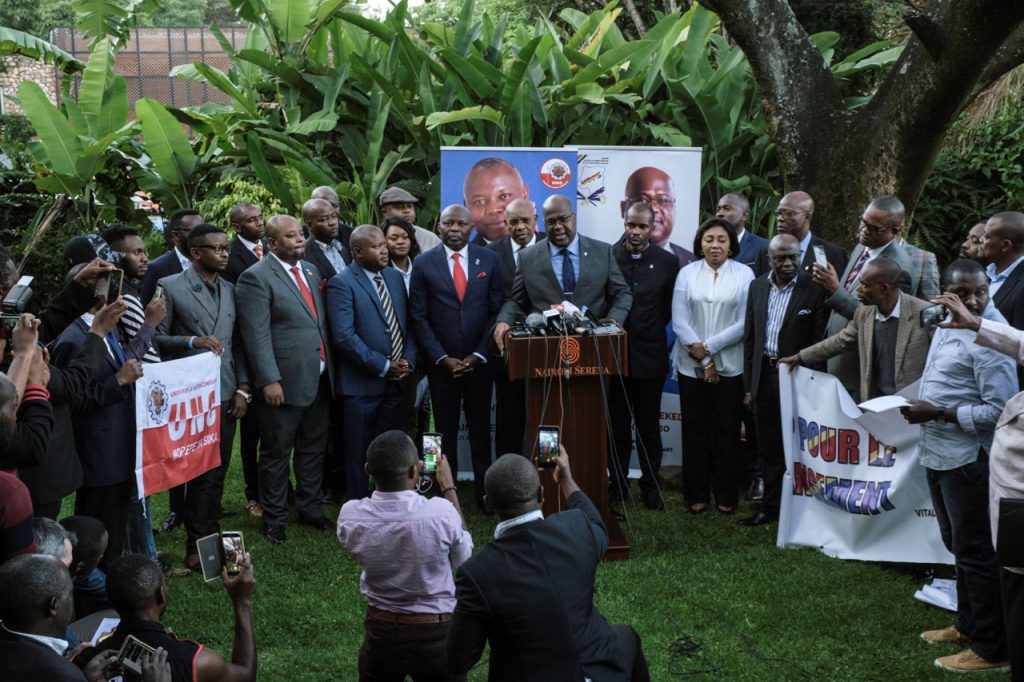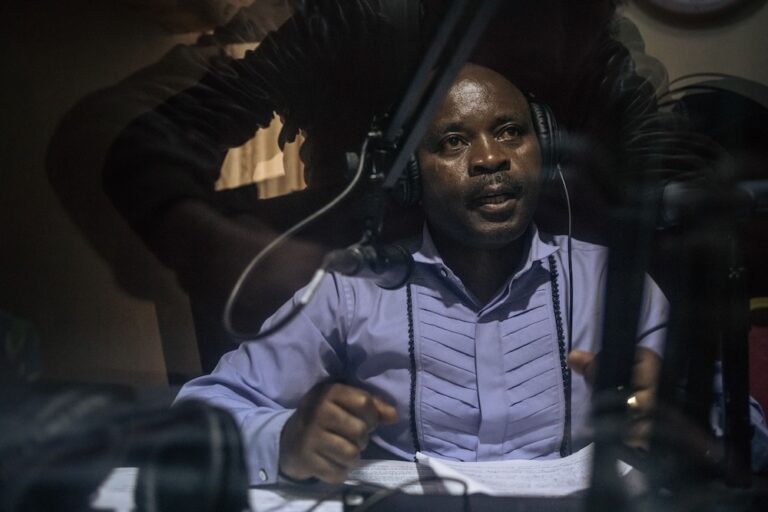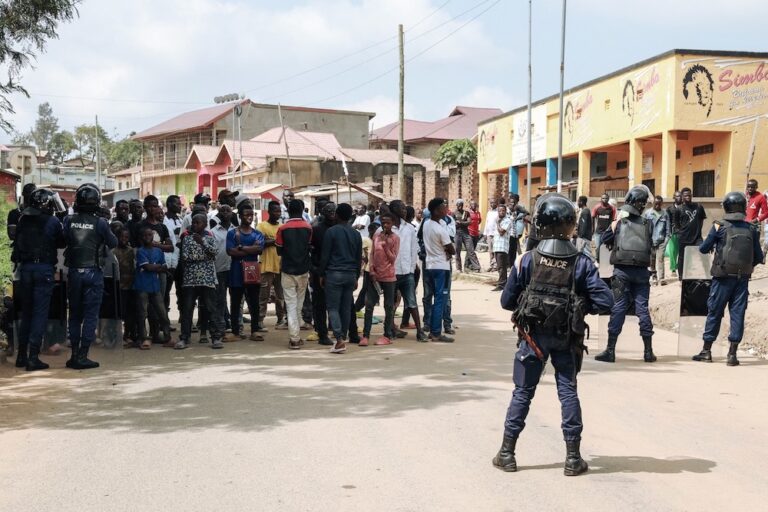RSF and partner organization JED are urging DRC's President Tshisekedi to follow through on promises to reform the media landscape and put a stop the closure of radio stations and attacks on journalists.
This statement was originally published on rsf.org on 15 May 2019.
Dear President Tshisekedi,
Reporters Without Borders (RSF) and Journalist in Danger (JED) would like to salute the encouraging pledges you have given with regard to press freedom since taking office. In your inaugural speech on 24 January, you said you wanted to turn the media into a “real fourth estate” in your country. More recently, on World Press Freedom Day (3 May), you reaffirmed this goal by saying you regarded the press as “one of the key motors of the rule of law.” This political will to restore journalists to the core of development and the transition to democracy in the DRC represents a major break with your predecessor.
The DRC heads the list of African countries with the most press freedom violations last year and is ranked 154th out of 180 countries in the 2019 World Press Freedom Index, which RSF recently released. You now have the historic possibility of shedding these sombre distinctions. Since your installation, RSF and JED have noted a significant fall in the number of abuses against media and journalists in the DRC. But promises of change alone are not enough. After decades of repeated violations of the freedom to inform, targeting journalists is a reflex that has not yet disappeared. It is still the heritage of a system that needs dismantling.
The 12-month prison sentence that the journalist Steeve Iwewe received on 1 March for “insulting the authorities” while covering a protest by disgruntled state employees in Equateur province – later reduced to a suspended six-month jail sentence – illustrates the need to urgently overhaul media laws that criminalize press offences and provide for completely disproportionate penalties.
Members of your party, the Union for Democracy and Social Progress (UDPS), ransacked the premises of Radio Télévision Fraternité (RFT) in Mbuji-Mayi on 16 March because they were angered by the defeat of UDPS candidates in the senate selections.
As the world was celebrating World Press Freedom Day on 3 May, 15 radio stations were shut down in Kananga, in Kasai-Central province, for not paying taxes. But only the radio stations that were the most critical of the new governor were targeted, and no account was taken of the offers by the radio station managers to pay off the back taxes in stages. Your government cannot continue to tolerate the closing of media outlets to settle scores.
A successful transition to democracy in the DRC will largely depend of the concrete and urgent measures that are taken to guarantee the freedom to inform. To this end, RSF and JED recommend that you prioritize the following five actions:
- Overhaul repressive legislation without delay, decriminalizing press offences so that journalists can calmly and freely play their vital role as a fourth estate.
- End arrests of journalists and arbitrary closures of media outlets by giving an independent regulatory authority the sole right to impose sanctions and by making the security forces and judiciary aware of journalists’ rights and duties.
- Establish a national mechanism for protecting journalists that is equipped with resources and branches within the various institutions, so that abuses against journalists do not remain unpunished.
- End impunity for crimes of violence against journalists by reopening the investigations into the murders of journalists that have taken place during the past two decades.
- Transform that national radio and TV broadcaster, RTNC, into a real public service media that is open to all currents of opinion.
We trust that you will give our recommendations the necessary attention.
Sincerely,
Christophe Deloire Tshivis Tshivuadi
Secretary-General Secretary-General
RSF JED



